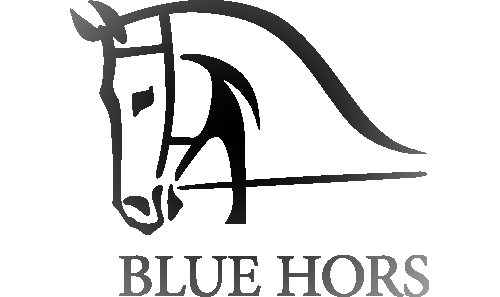By Jean Llewellyn (press release)
Occasionally it takes a world leader to instigate change, and in this case the renowned sport horse studfarm, best known for its world-class dressage horses, is taking a stand based on what it sees as ‘turmoil’ in Danish dressage.
They posted the following statement on their website on March 10: “Danish dressage is in a period of turmoil, where horse welfare, training methods, and animal ethics are up for debate. The development is taking place against a deeply serious background, and it is crucial for the future of the sport.
“The debate has initiated a long-awaited effort to establish clearer guidelines for the ethically correct use of horses in the sport. The initiative is part of the Danish Equestrian Federation’s new strategy ‘Together for Horse Welfare’, which also focuses on better education and changed competition assessments.
“We support the federation’s work so that together we can create better and clearer frameworks for the future – for the benefit of horses, riders and the sport.
“As long as there is so much uncertainty about what the correct ethical use of horses is, we have temporarily chosen to pause Blue Hors’s participation in dressage competitions. Initially for three months, after which we will assess whether a greater common understanding of horse ethics and the sporting guidelines has been achieved, or whether we should extend the competition break further.”
In recent – and not so recent – years, cases of alleged abuse have received wide debate in social media, from both animal rights activitists (not necessarily with deep equestrian knowledge) and professional riders alike. Although, as I recall, a ‘blue tongue’ in a dressage horse was first observed and photographed in 2009, it once again created Scandal 2.0 in 2023, when Aftonbladet (a Swedish national tabloid newspaper) reported similar issues with horses ridden by Patrik Kittel (also the perpetrator in 2009 – and exonerated at the time), Isabell Werth, and Charlotte Fry during World Cup qualifiers. An onsite veterinarian at one of the shows was quoted as saying: “The rider is too hard on the hand. The horse has a blue tongue and clearly has what is called a ‘painface’. You can see the worrisome wrinkle by the eye.”
A number of well-known riders spoke up to defend the alleged abusers, arguing that photographs taken at a moment in time don’t provide the full context, even accusing the Aftonbladet photographer of doctoring the colour balance in the photos to accentuate a blue tongue. According to the FEI General Rules (Art. 142): ‘Abuse’ means an action or omission which causes or is likely to cause pain or unnecessary discomfort to a horse. So, is the perspective of the FEI and dressage judges/stewards – the guardians of equestrian sport – faulty and incorrectly translating the definition of dressage. Of course, practices that go against the principles of ‘good horse welfare’ also extend to both showjumping and eventing, and the FEI has been accused of ‘sportwashing’ and sending mixed messages in its decision to award World Cup Finals to Saudi Arabia – a country well-known for its human rights violations and an appalling record of horse abuse in endurance, including record levels of doping, and 22 yellow FEI warning cards delivered to riders in endurance in 2023. However, with the largest ever purse on offer for a Finals, it loudly proclaimed that ‘money talks’.
Just two years ago, the Danish Animal Ethics Council published a multi-page ‘Statement on the use of horses for sport’, from which the following is an extract: “Concerns for the welfare of horses appear to be increasing in recent years, both in and outside of the sport and within all equestrian disciplines. Increased opportunities for documentation and dissemination of observations, for example, through the use of recordings with mobile phones and sharing on social media, have provided greater insight into and attention to the fact that the demands of the sports may pose a risk to the welfare of horses and that even when there is a focus on the welfare of horses, it is the physical rather than the mental aspects that are noticed. In recent years, there has also been increased research into the welfare of horses, which has provided more knowledge about the effects of training methods on horses, and how horses react to physical or mental stress. As a result of this, there has been more focus on training and the use of equipment and tack, as well as methods for monitoring the consequences for horses of being used for sport. Thus, there is currently a lot of discussion internationally about specific issues in horse sports, including what is perceived as welfare-inappropriate riding or use of equipment, sufficient control, and the general conditions in the lives of sport horses in terms of care and training...
CLICK HERE TO READ THE COMPLETE ARTICLE IN THE ONLINE EDITION OF BREEDING NEWS



